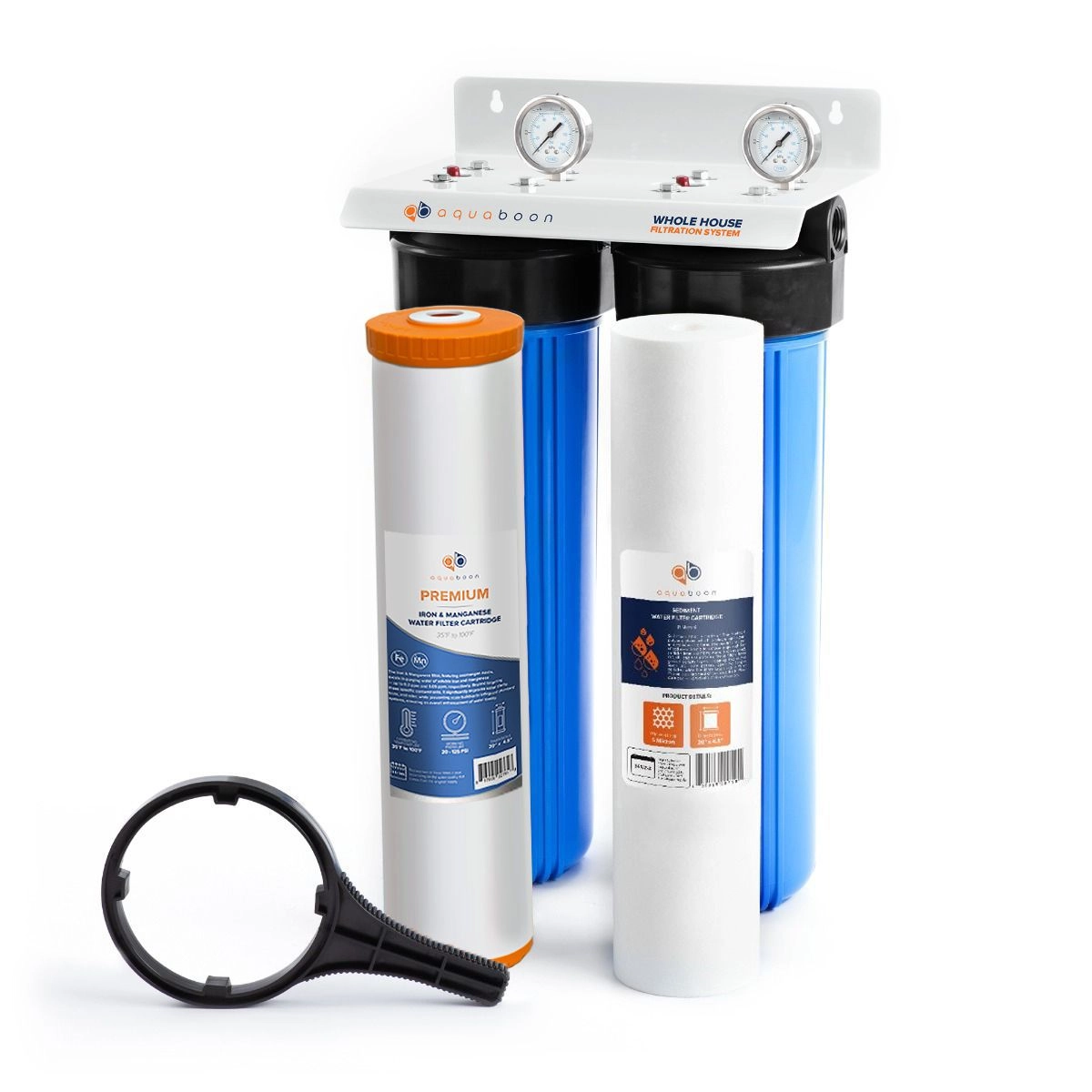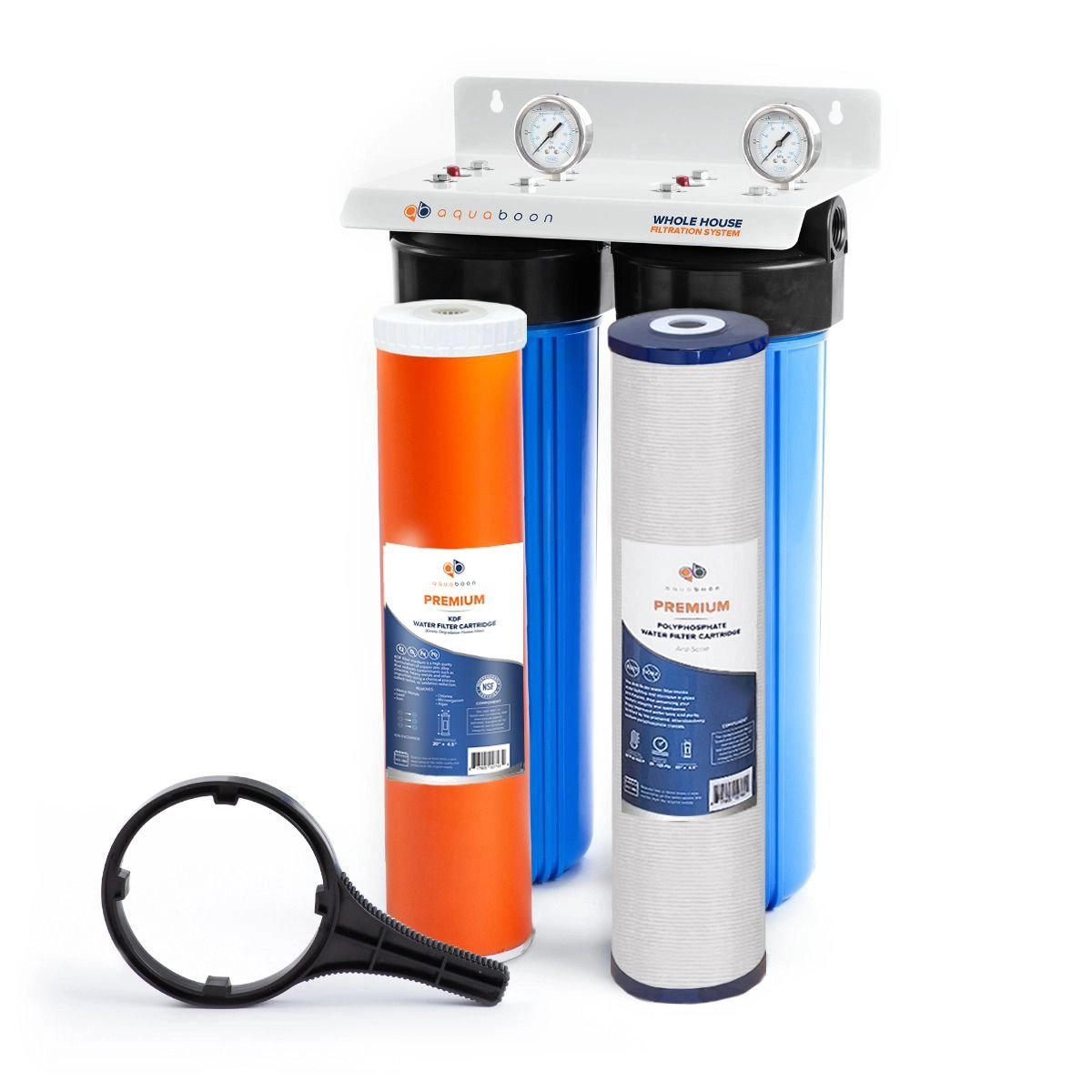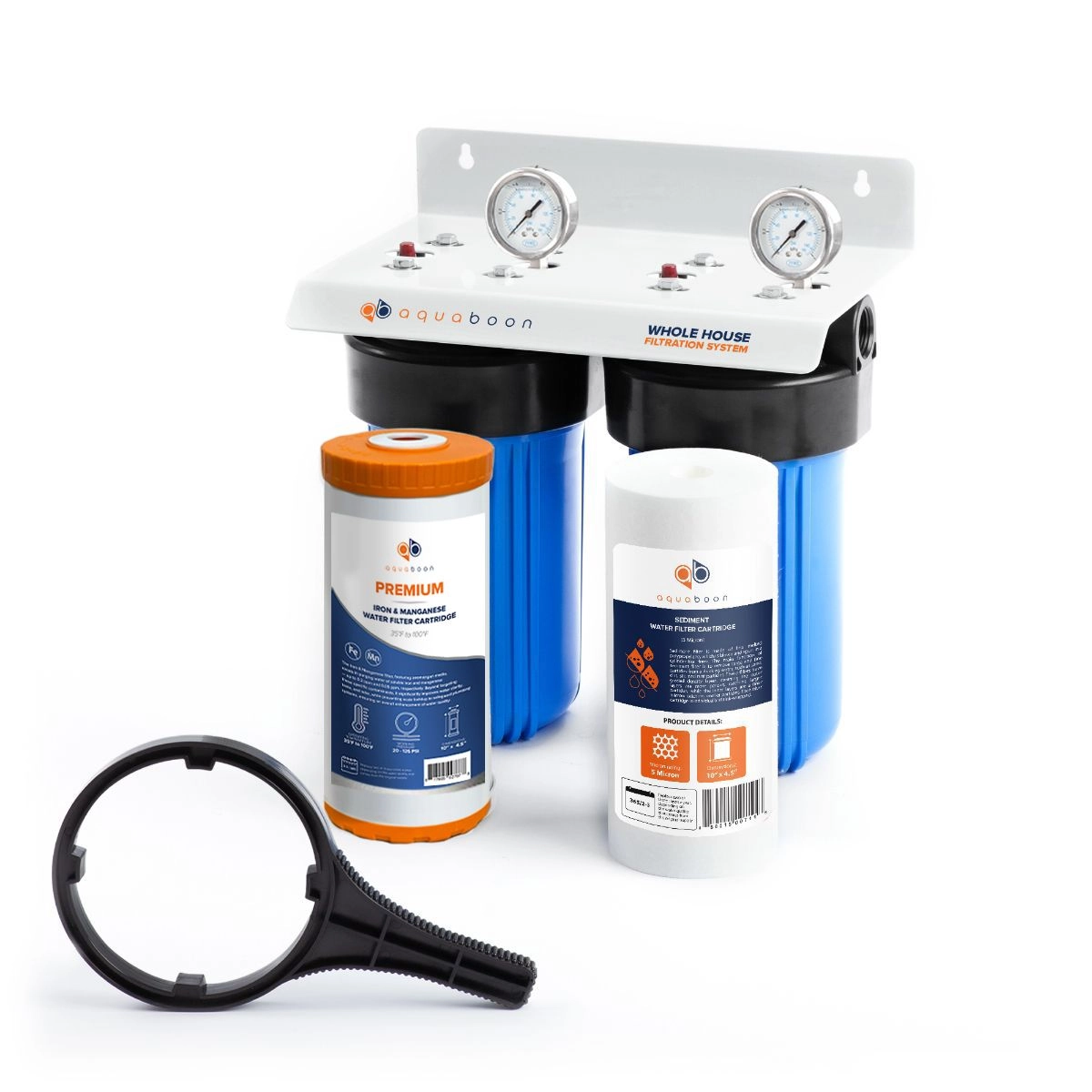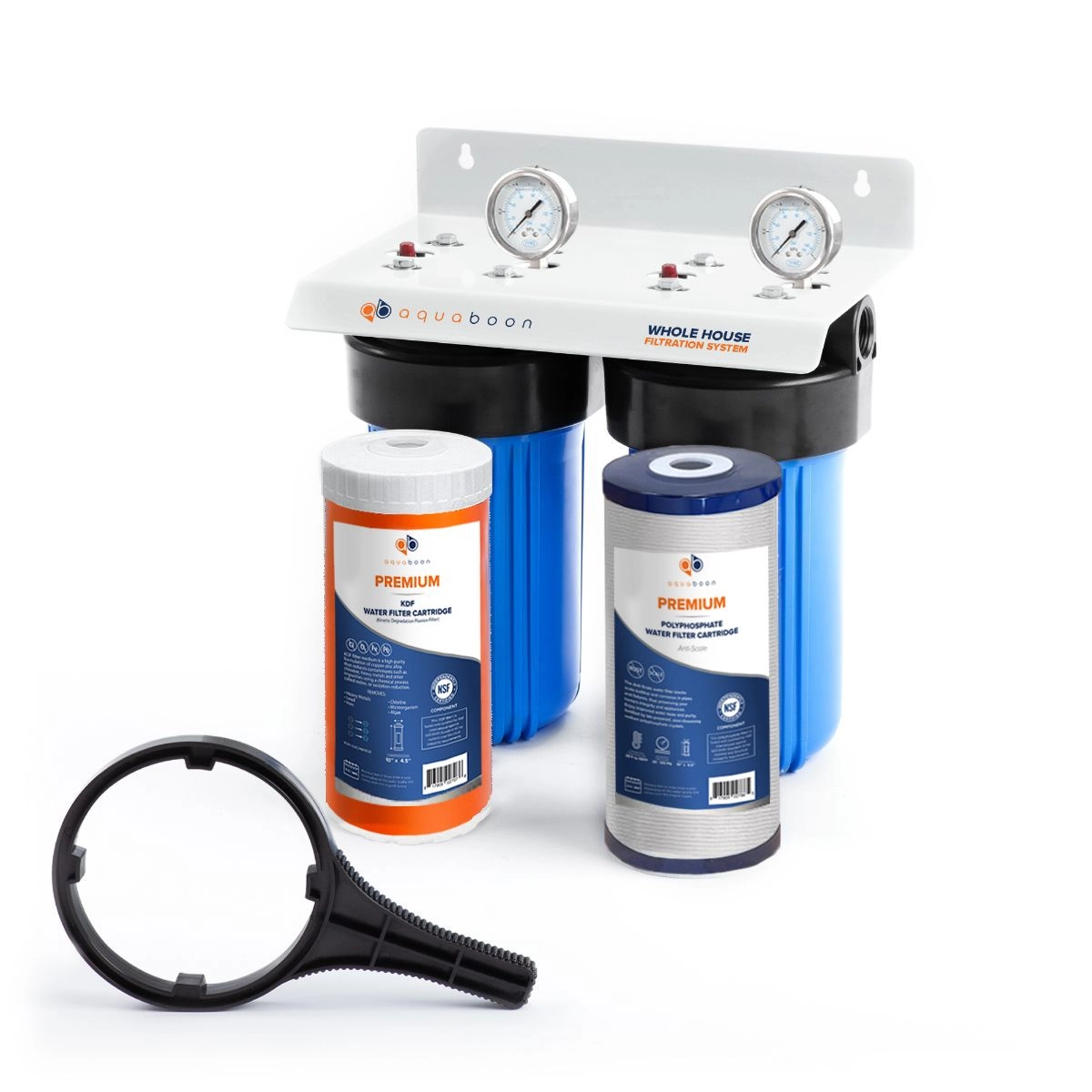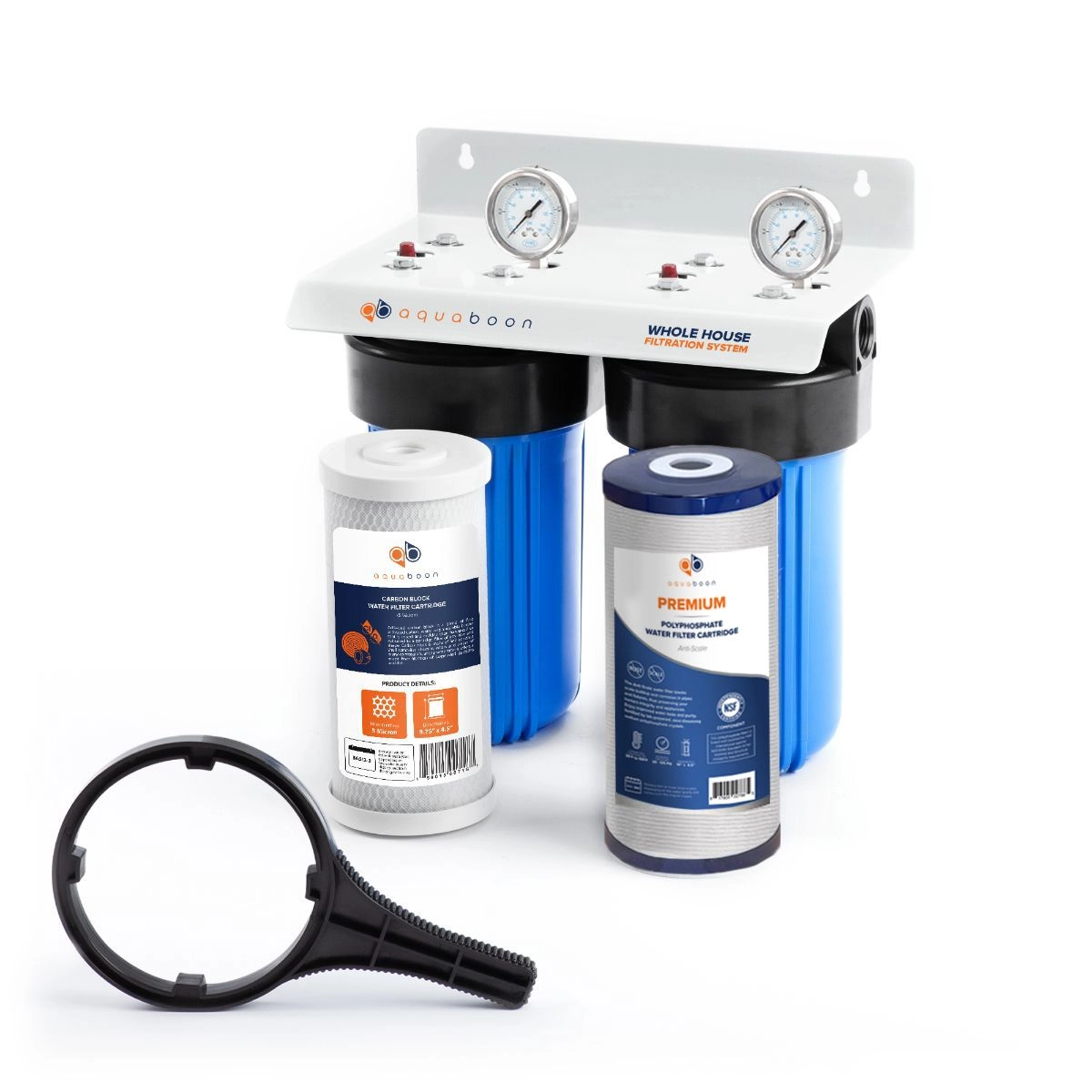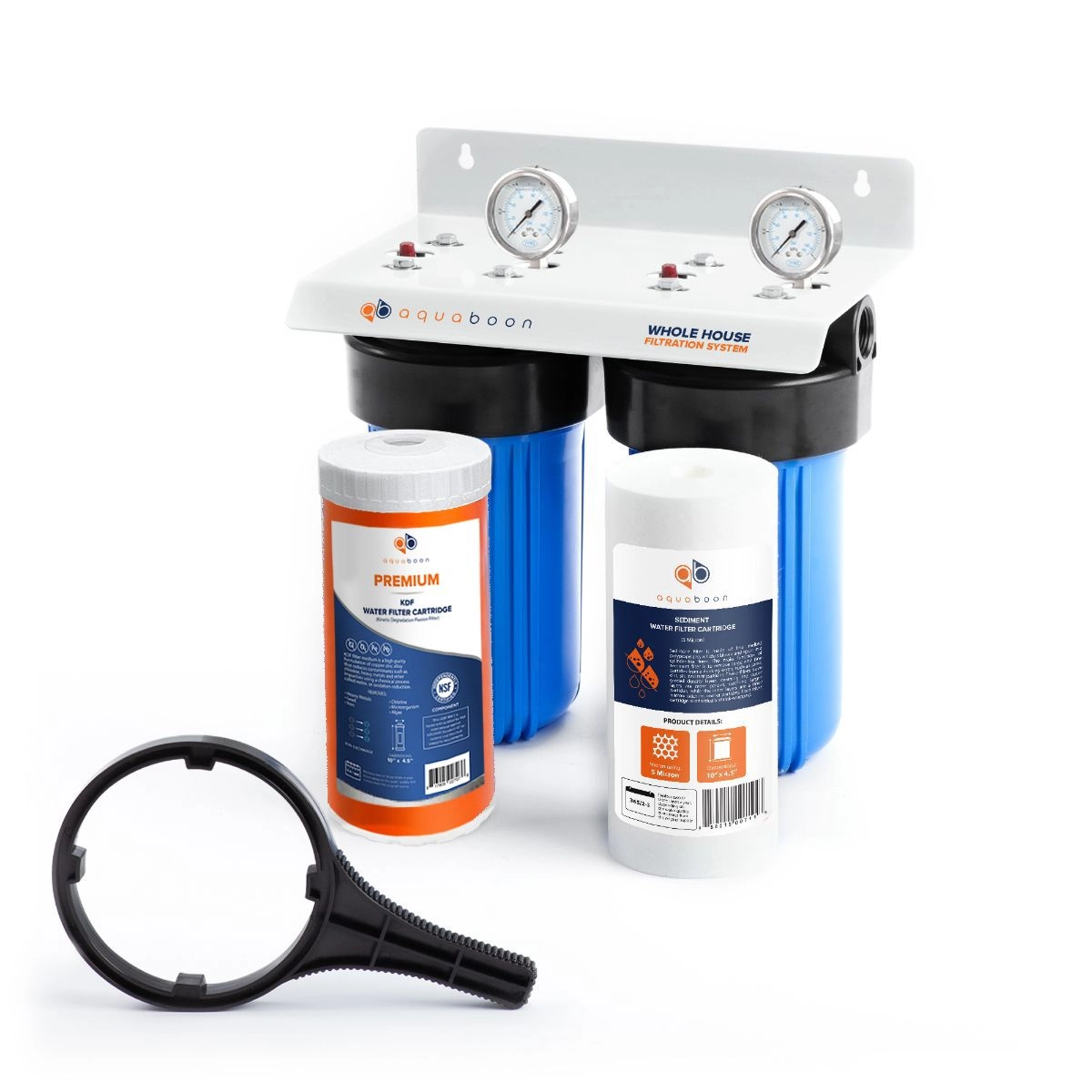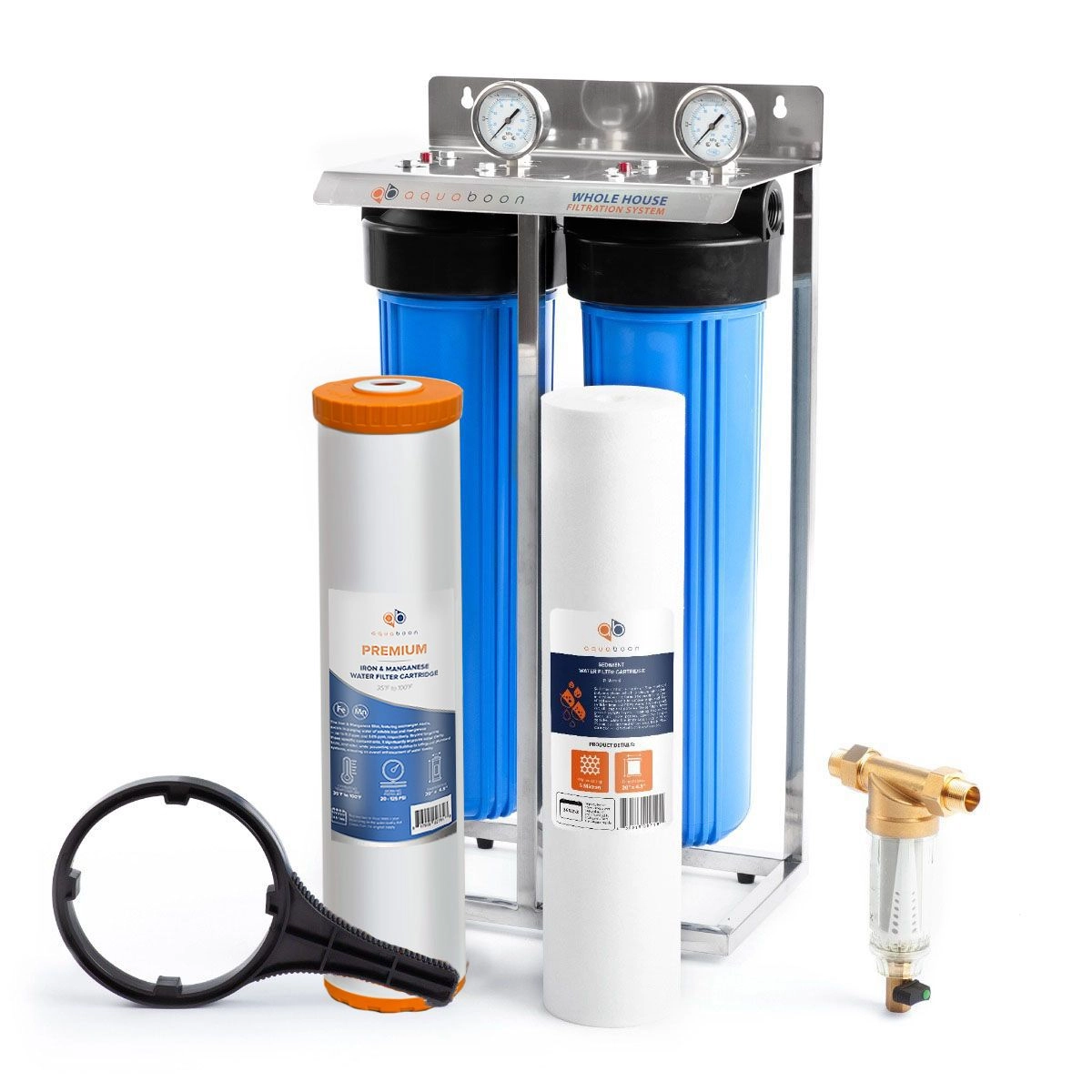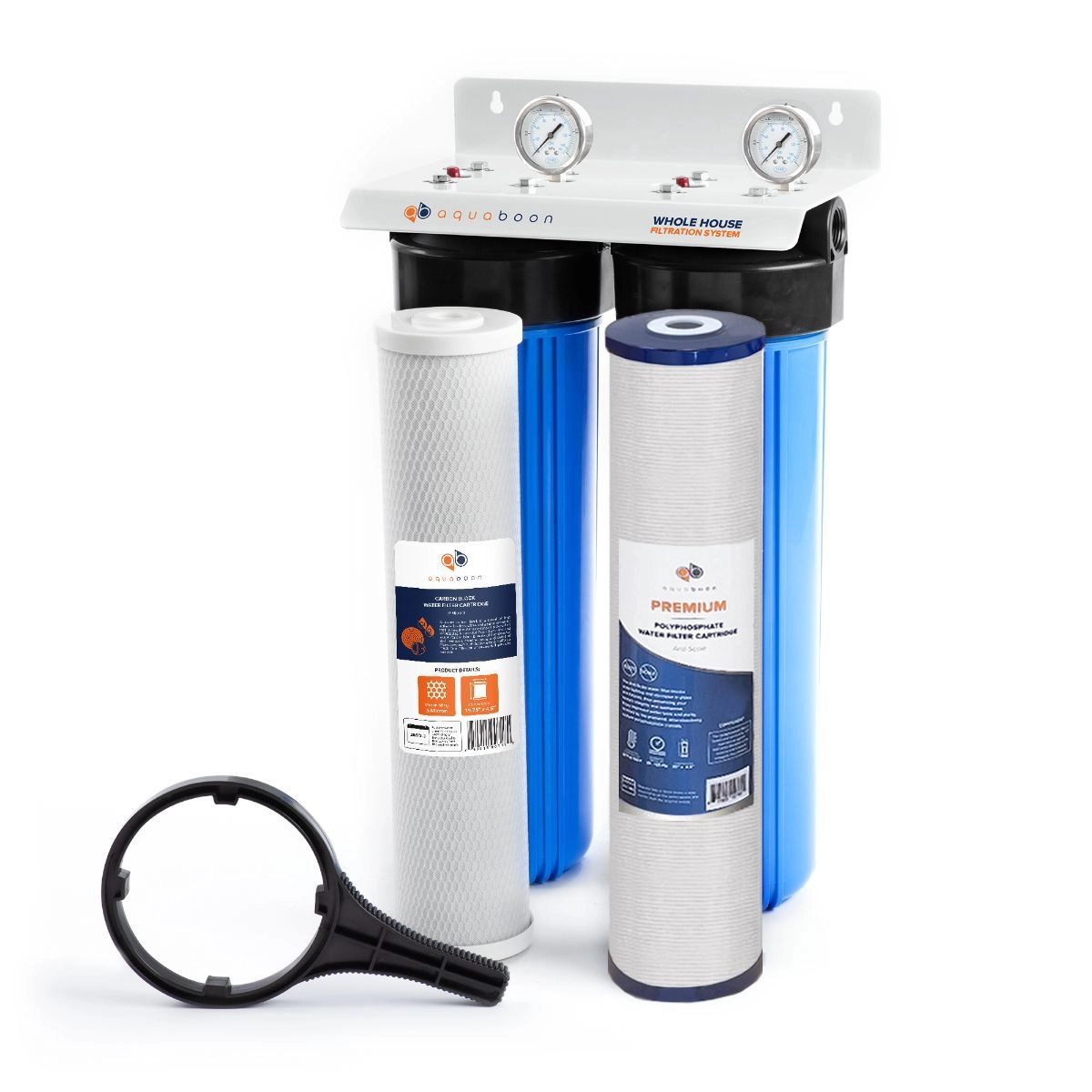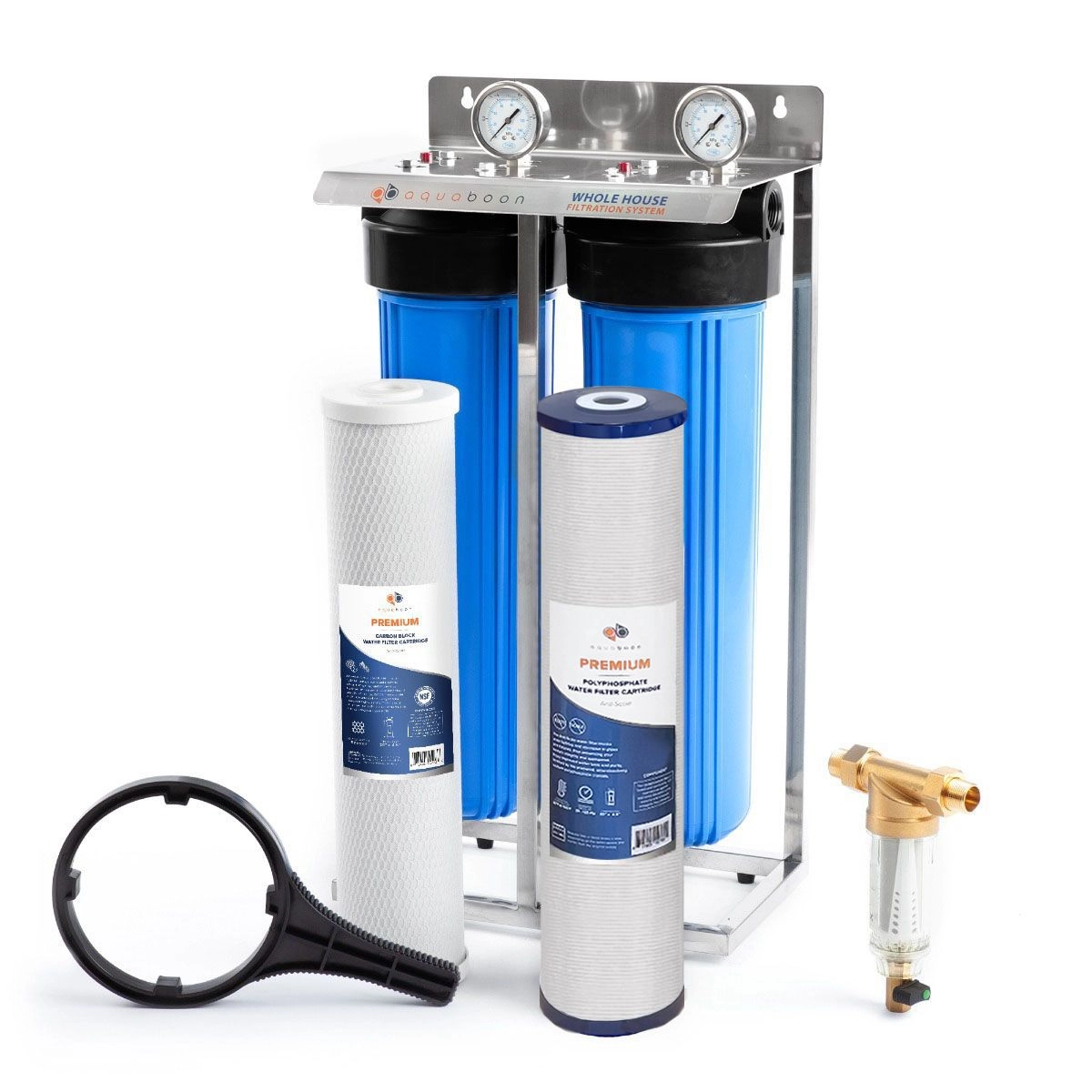According to an ancient Slovakian Proverb, “Pure water is the world’s first and foremost medicine.” Perhaps that explains why, simple as it is, water remains an entire class of food alongside proteins, carbohydrates, etc.
Constituting up to 60% of the human adult body, this liquid gold that sustains us is more than just a thirst quencher. In fact, every cell, organ, and tissue needs it to regulate temperature and perform bodily functions. Additionally, it acts as a nutrient and waste transporter and lubricator.
However, continue reading to truly understand the fascinating secrets of the water’s role in keeping us alive. In this article, we will extensively discuss the essential functions of water in the body and tips for staying hydrated.
Let’s dive in!
What are the functions of water in the body?
Water is essential in ensuring optimal bodily functions and overall sound health. Getting the right amount of fluids every day can prevent dehydration – a state that often causes disorganized thoughts, random mood swings, body overheating, constipation, and even kidney stones. Also, since H2O does not contain any calories, its regular consumption will ultimately help you control body weight.
Regardless of how the body receives its fill, here are some other essential functions of body water
- Controls the internal body temperature through sweating and respiration
- It metabolizes and transports the carbohydrates and proteins our bodies use as food in the bloodstream;
- Forms saliva
- Moistens tissues in the eyes, nose, and mouth
- It lubricates joints
- It reduces the stress on the kidneys and liver by flushing out waste products
Reasons and tips for drinking more water
Maintaining optimal health will require that you know: how much water to drink in a day? Though factors like climate, age, and physical activities may influence your body’s daily requirements, the bottom line is that you need to drink more water, and here are the reasons why:
1. Improves brain performance
According to the International Journal of Environmental Research and Public Health Research, dehydration could cause memory lag, distorted attention, and fatigue. So if you ever feel woozy, take a sip of water.
To keep your brain at peak performance, set a daily intake goal to drink more water. You can employ the SMART goal method – Specific, Measurable, Attainable, Realistic, and Time-bound.
For example, set a goal to drink 32 ounces daily and monitor your progress to stay motivated and eventually make it a habit.
2. Encourages healthier eating
A published study by Clinical Nutrition Research observed that H2O might help satisfy you, especially if you have some before a meal. At this rate, you can eat moderately and maintain a healthy body weight.
Plus, you can optimize water importance in the body if you replace other drinks with sugars, like soda and sports drinks with regular clean water. That will help to reduce the chances of type 2 diabetes or heart disease and calorie consumption.
3. Protects your tissues, spinal cord, and joints
Keeping your tissues, spinal cord, and joints moist is one of the functions of water to the body. With the recommended levels of hydration, these sensitive areas, including the blood, bones, and brain, can retain moisture for optimal performance. Water also acts as a “shock absorber” to protect the spinal cord and a lubricant for the joints.
Additionally, adequate fluid consumption helps your kidneys remove waste through perspiration, urination, and defecation. Set reminders with an app, smartphone, or smartwatch alarm to ensure you get the required hydration level. For example, if you often lose track of your consumption, set a reminder to take a few sips every 45 minutes.
4. Helps in healthy digestion
Water is essential for healthy digestion, as it helps break down the food you eat. Its “stickiness,” otherwise known as surface tension, also aids in transporting these materials in the body.
You can maximize the importance of water for the body by maintaining regular hydration, for instance, one glass before each meal. So, if you eat 3 meals daily, it is an extra 3 cups for your daily consumption. You can add fruits like lemons, limes, oranges, cucumber, watermelon, or strawberries for that extra kick to the routine.
5. Prevents dehydration
According to the Centers for Disease Control and Prevention, your body will lose extra fluids when you exercise, sweat excessively, or suffer a fever or illness that makes you vomit or stool. So, to recover from the excessive loss, always keep a filled bottle to drink on the go.
This will encourage the required fluid intake. It also acts as a visual reminder to drink up whether you are running errands, traveling, or at home, work, or school.




